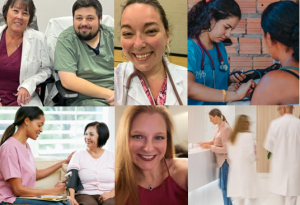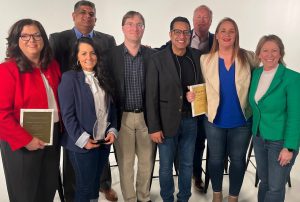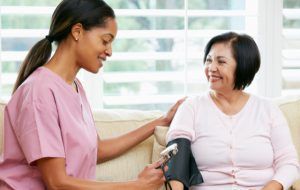On Sunday, November 1 we will “fall back” as daylight savings time comes to an end, and people across the country set their clocks back one hour and gain an hour of sleep. Nights get darker earlier, but not everyone will experience better sleep.
The National Sleep Foundation found that more than half of men and women over age 65 report sleep problems. Older adults require about the same amount of sleep as young adults – 7 to 9 hours each night – and deep sleep, or REM (rapid eye movement) sleep is necessary for the body to restore itself each night.
Insomnia is the most common sleep problem in adults over 60. But a lack of sleep is just the tip of the iceberg – often sleep disorders are linked to hypertension, heart disease, and strokes. Insomnia itself has a number of causes prevalent in many Americans:
- Sleep apnea or other sleeping disorders
- Eating/drinking habits
- Restless leg syndrome
- Depression
- Medical illnesses causing pain
Using prescription medicines for a short time may help, but they are not a cure for insomnia. It is more important to develop healthy sleep habits. The National Sleep Foundation recommends the following steps to ensure a good night’s sleep:
- Keep a consistent sleep schedule, waking up and going to bed at the same times, even on the weekends.
- Practice a relaxing bedtime ritual.
- Avoid naps, especially in the afternoon.
- Exercise daily.
- Sleep on a comfortable mattress and pillows.
- Use light to help manage circadian rhythms – avoid bright light in the evenings and seek sunlight in the morning
- Avoid alcohol, heavy meals, and cigarettes in the evening.
- Spend the last hour before bed doing a calm activity, and avoid electronics before sleeping.



















On Sunday, November 1 we will “fall back” as daylight savings time comes to an end, and people across the country set their clocks back one hour and gain an hour of sleep. Nights get darker earlier, but not everyone will experience better sleep.
The National Sleep Foundation found that more than half of men and women over age 65 report sleep problems. Older adults require about the same amount of sleep as young adults – 7 to 9 hours each night – and deep sleep, or REM (rapid eye movement) sleep is necessary for the body to restore itself each night.
Insomnia is the most common sleep problem in adults over 60. But a lack of sleep is just the tip of the iceberg – often sleep disorders are linked to hypertension, heart disease, and strokes. Insomnia itself has a number of causes prevalent in many Americans:
Using prescription medicines for a short time may help, but they are not a cure for insomnia. It is more important to develop healthy sleep habits. The National Sleep Foundation recommends the following steps to ensure a good night’s sleep: